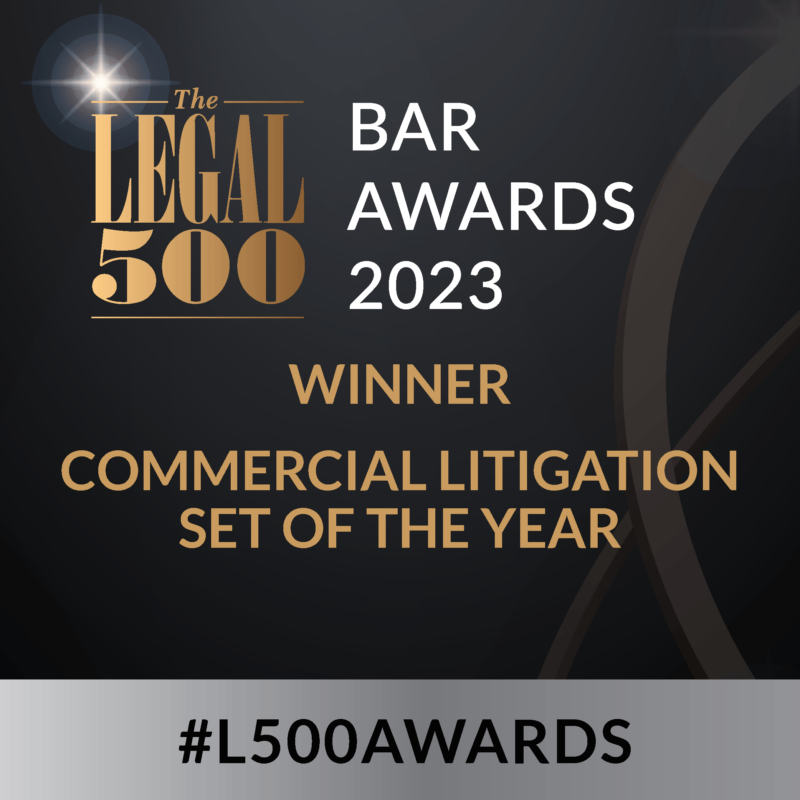William Day writes in Law Quarterly Review with Mr Justice Foxton on the Supreme Court decision in RTI v MUR Shipping
The most recent issue of the Law Quarterly Review features a note co-written by William Day and Mr Justice Foxton on the Supreme Court’s decision in RTI Ltd v MUR Shipping BV [2024] UKSC 18. In its judgment, the Supreme Court decided that, in the force majeure context, an obligation to pay in USD cannot be met through an offer to pay in EUR. That decision has been the subject of widespread discussion since handed down on 15 May 2024.
In RTI, MUR purported to suspend performance on the basis that US sanctions that impacted payment in USD constituted a force majeure event which “cannot be overcome by reasonable endeavours from the Party affected”. The question for the Supreme Court was whether the offer of EUR in equivalent value meant that the force majeure event could be overcome.
The note argues that the outcome RTI v Mur Shipping was wrong as a matter of banking law, failing to give appropriate weight to the fact that USD and EUR are readily convertible currencies. On its proper construction, the payment obligation in RTI stipulated the money of account but not the money of payment. There was therefore there was a right of conversion, i.e., to discharge the amount owing in USD by tendering EUR. In those circumstances, any impossibility of paying in USD created by US sanctions could indeed be overcome by an offer of payment in EUR.
The note also draws attention to wider difficulties with the way that the Supreme Court used the concept of ‘non-contractual performance’ in its reasoning and it endorses the alternative construction of the force majeure clause adopted by Lord Justice Males in the Court of Appeal. The note concludes by emphasising the importance of the word “overcome” in the force majeure clause:
“If the question is posed from RTI’s perspective—‘how can I overcome the state of affairs that paying you USD which must be routed via a US bank will lead to serious delay’, the answer ‘I will pay you in Euros instead and your bank will convert them into USD on receipt’ appears a coherent and commercial response. If the question is asked from MUR’s perspective—‘how can I overcome your inability to pay me on a timely basis in USD’—the answer would appear to be the same.”
The note follows a seminar at the London Shipping Law Centre held at Linklaters on 1 October 2024 where William spoke on a panel chaired by Lord Justice Males which also included Simon Firth (Linklaters), Professor Paul Davies (UCL/Essex Court) and Alex McIntosh (Penningtons).
The note is entitled ‘Gold, banking cents and Mur’ and can be read on Westlaw here.








